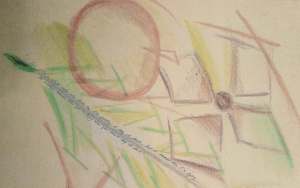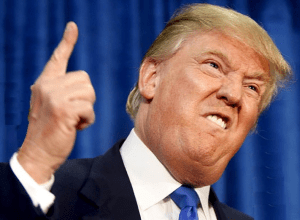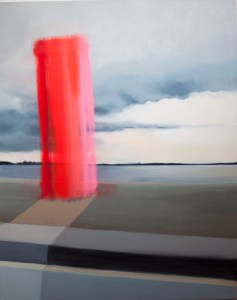The Party seeks power entirely for its own sake. We are not interested in the good of others; we are interested solely in power, pure power.”
George Orwell, “1984”
The regime depicted in George Orwell’s 1984 is unique in one aspect: it’s ultimate end — with no digressions or caveats — is the relentless pursuit of power for power’s sake. The critique argues that most people desire power in an unadulterated fashion, but their moral complex makes them couch their true intentions in the form of something more socially appealing. To not sublimate the desire for power allows the party to create a social paradigm intended to perpetuate its power structure, and that manifests in myriad ways.
Orwell’s commentary is prescient in light of the political upheaval of recent years, from the Middle East to Britain, Russia to the United States… we’re still — according to Orwell — playing the power game as its been played in antiquity: with talk of economic liberalization, personal freedoms, and autonomy. Yet the matter of fact is that the power of the individual is diminishing. With every facet of society, from technology to politics, culture to music, who controls the means of production, creation, and communication, controls what we hear, how we think about ourselves and the world, and what we can manifest with our own hands.
We could make light of the complex and institutions that consolidate, distribute, and wield power, but it’s far too serious. In the pursuit of power, everything is relative. Those committed to the cause will do anything, say anything, and be anything to achieve that end. Here at Graphite we want to explore the ways that power manifests itself to raise awareness about the types of power plays at play, so we’re dedicating our thematic week to the concept, just a week before the U.S. Presidential Election is held. Join us as we flesh out the Power Complex, a very serious topic at a very pertinent point in time.
xo,
Gigi x







